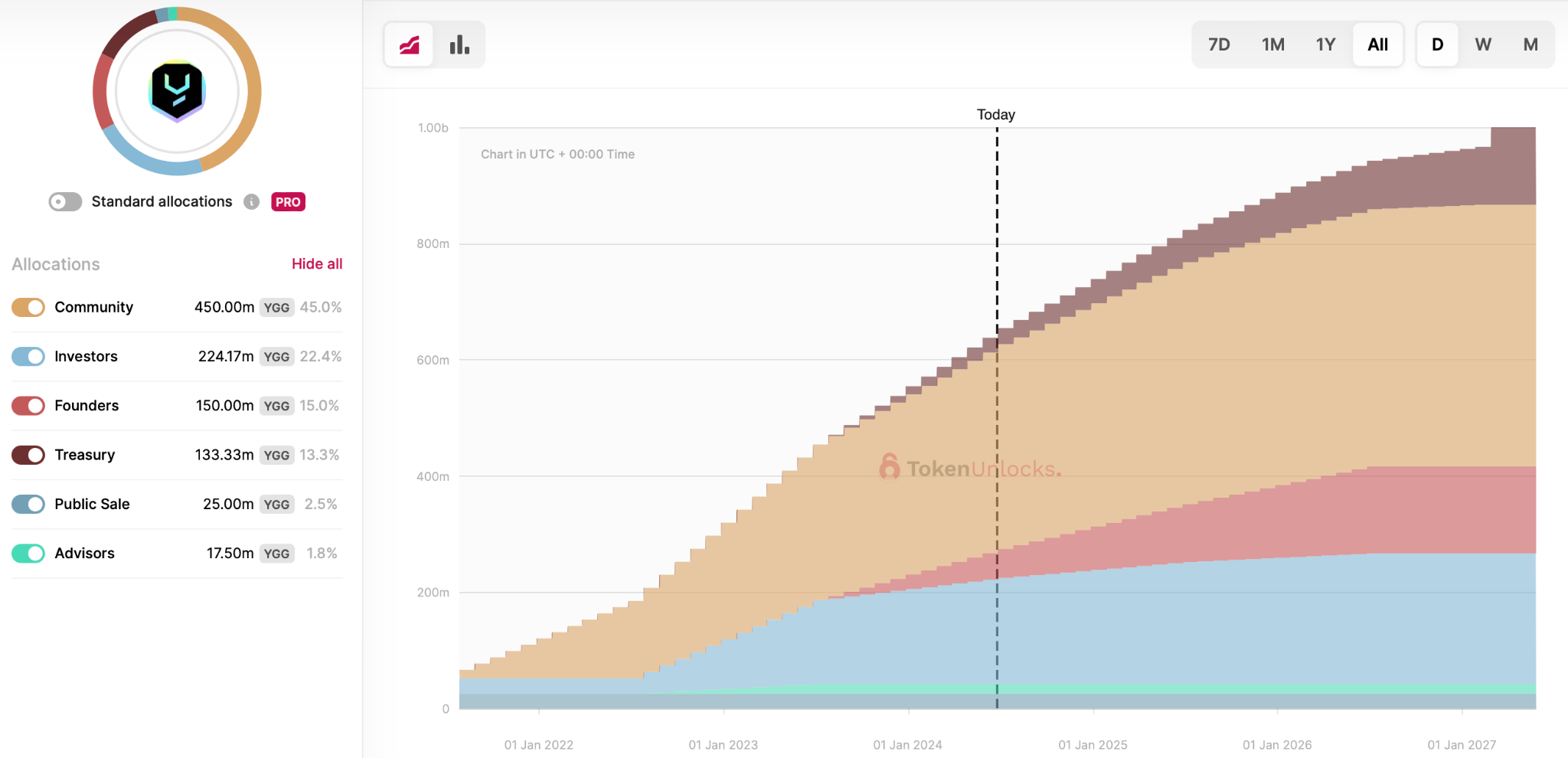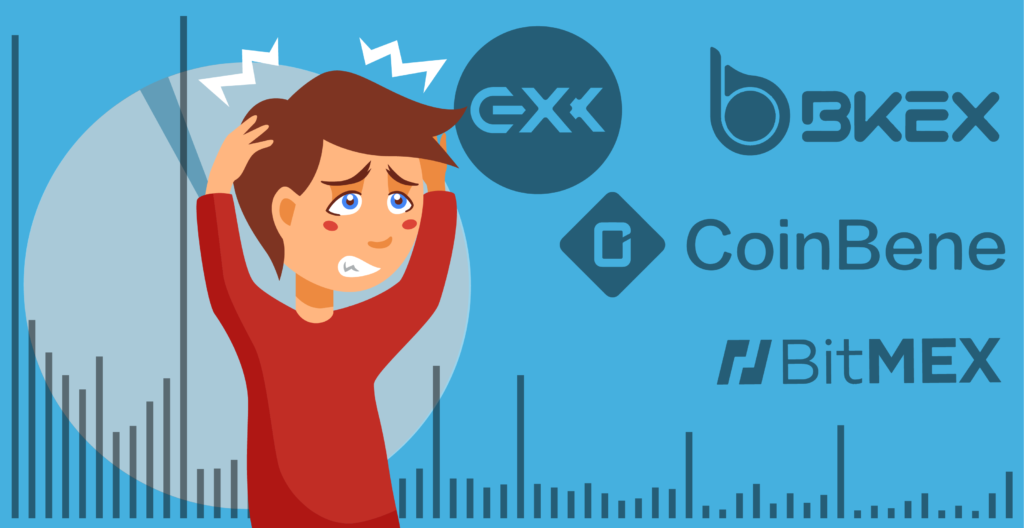Token Lock-up
Token lockup is a period where cryptocurrency tokens are restricted from trading, transfer, or liquidation, typically after a token sale, to prevent excessive liquidity and allow for a more stable market.
Table of contents
What is Token Lockup?
Token lockup refers to the process of restricting the sale or transfer of a certain portion of cryptocurrency tokens for a predetermined period.
This restriction is often implemented through smart contracts or specific agreements that define the lockup terms.
Token lockup is commonly applied in various scenarios, including Initial Coin Offerings (ICOs), Initial Exchange Offerings (IEOs), and allocations for project founders and team members.
Platforms like Token Unlocks are a good place to find aggregated information about token unlock periods and make an educated guess on how that would affect supply-demand dynamics.

Source: Token Unlocks
What is the Purpose of Token Lock-ups?
The primary purpose of token lockup is to prevent market flooding, which can lead to significant price drops and increased volatility.
By restricting the immediate availability of tokens, lockup periods help maintain a more stable market environment. Additionally, token lockup aligns the incentives of project teams, investors, and other stakeholders by ensuring long-term commitment to the project’s success.
This alignment helps build investor confidence, as it demonstrates that key players are dedicated to the project’s development and growth.
What are the Methods used in Token Lock-ups?
Token lockup mechanisms typically include vesting periods, smart contract implementation, and timelocks.
Vesting periods gradually release tokens over a set duration, often linked to specific milestones or performance metrics. Smart contracts are used to automate the lockup process to ensure that tokens remain restricted until the agreed-upon conditions are met.
What are the Benefits of Token Lockup?
- Market Stability: It reduces the risk of sudden, large-scale token sales that significantly impacts price volatility.
- Long-Term Commitment: Encourages project teams and key stakeholders to focus on sustained development rather than short-term gains.
- Investor Confidence: Locking tokens builds trust among investors, demonstrating that founders and key players are dedicated to the project’s success.
- Preventing Market Flooding: Limits the immediate availability of tokens, preventing market oversupply and potential price drops.
- Alignment of Incentives: Ensures that the interests of project teams, investors, and partners are aligned towards the project’s long-term goals.
- Enhanced Credibility: Shows a commitment to the project’s future, fostering a positive reputation and attracting more investors.
- Regulatory Compliance: Helps in adhering to regulatory requirements by showing that the project is designed with stability and long-term success in mind.
- Structured Growth: Facilitates a controlled release of tokens, supporting measured and sustainable growth of the project.
Challenges with Token Lock-ups
Despite its advantages, token lockup presents certain challenges. Potential liquidity issues may arise, as locked-up tokens cannot be accessed or traded, which can affect its market availability and investor flexibility.
Risks associated with lockup breaches, where lockup agreements are violated, can undermine trust and project credibility. Balancing lockup durations to provide sufficient security while maintaining flexibility for investors require careful consideration.
Successful token lockup strategies can be seen in projects like Ethereum, where founder and team member tokens were subjected to lockup periods, fostering trust and commitment. Conversely, projects that failed to implement effective lockup strategies experienced significant market volatility and loss of investor confidence, highlighting the importance of well-structured lockup agreements.
Conclusion
Token lockup is a vital mechanism within the cryptocurrency ecosystem that promotes market stability, long-term project commitment, and investor confidence. While it presents certain challenges, the strategic implementation of token lockup can significantly enhance the credibility and success of blockchain projects.
Browse the Paybis Glossary to master more web3 lingo!
Alternatively, explore related terms and articles below.
Disclaimer: Don’t invest unless you’re prepared to lose all the money you invest. This is a high‑risk investment and you should not expect to be protected if something goes wrong. Take 2 mins to learn more at: https://go.payb.is/FCA-Info


